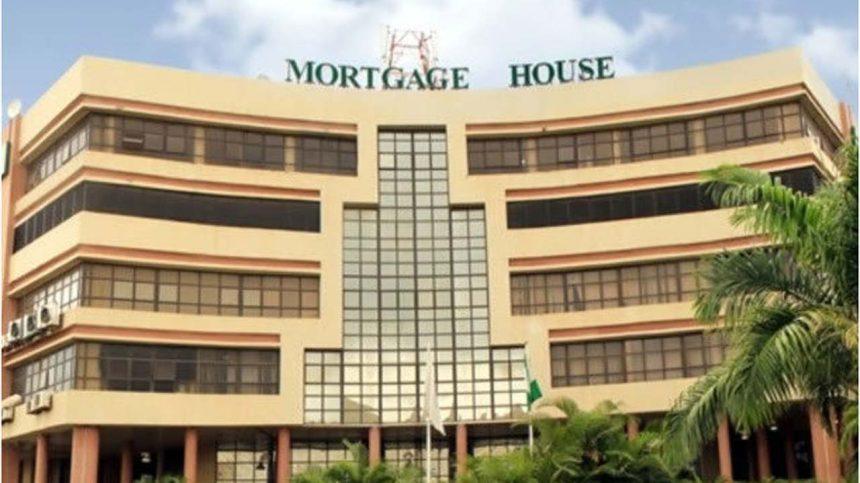Despite a persistent housing deficit estimated at over 28 million units, Nigeria’s housing sector contributed more than ₦11 trillion to the country’s Gross Domestic Product in 2024, according to figures cited by AG Mortgage Bank PLC.
Referencing data from the National Bureau of Statistics (NBS), the bank’s Chairman, Felix Nwabuko, highlighted this at the bank’s 2024 Annual General Meeting and 20th Anniversary celebration in Abuja. He noted that the housing sector’s growing economic contribution has been matched by renewed government interest in structural reform and affordability initiatives.
According to Nwabuko, the Federal Government’s Renewed Hope Agenda gained significant traction in 2024, driven by targeted interventions in affordable housing delivery, land titling reforms, and increased collaboration with private-sector players. One notable development, he said, was the expanded adoption of the policy allowing Retirement Savings Account (RSA) holders to access 25% of their pension balances for home equity contributions—an initiative he described as a game-changer in bridging Nigeria’s housing finance gap.
“AG Mortgage Bank PLC continues to play a strategic role in supporting these national housing efforts. The policy that allows RSA holders to access 25% of their pension balances for home equity contributions witnessed higher adoption in 2024. This initiative has continued to narrow the gap in housing financing in Nigeria,” he said.
The bank, he added, is one of the leading administrators of RSA-linked mortgages, enabling more Nigerians to transition from tenants to homeowners. It is also among the early participants in the Help to Own initiative by the Family Homes Fund (FHF), which is gradually pushing mortgage rates toward single digits.
While acknowledging progress, Nwabuko also addressed persistent structural barriers in the mortgage ecosystem. These include limited access to long-term capital, a shortage of affordable housing stock, escalating construction costs, delays in foreclosure processes, and inefficiencies in land administration.
“To unlock scale, our industry must continue pushing for digitised land registries, capital market integration, credit enhancement, and regulatory easing,” he said.
He also called for strategic consolidation within the mortgage sub-sector, citing the need for stronger institutions with sufficient scale and innovation capacity. “All signs are pointing to the inevitability of consolidation, but a leading company will in some way need to emerge with the scale and internal innovation capability to create leading products and drive some acquisitions or scale by organic growth,” he noted.
The remarks underscore the growing relevance of mortgage finance within the broader economic agenda and the need for coordinated reforms to bridge Nigeria’s housing shortfall while sustaining its macroeconomic contributions.



